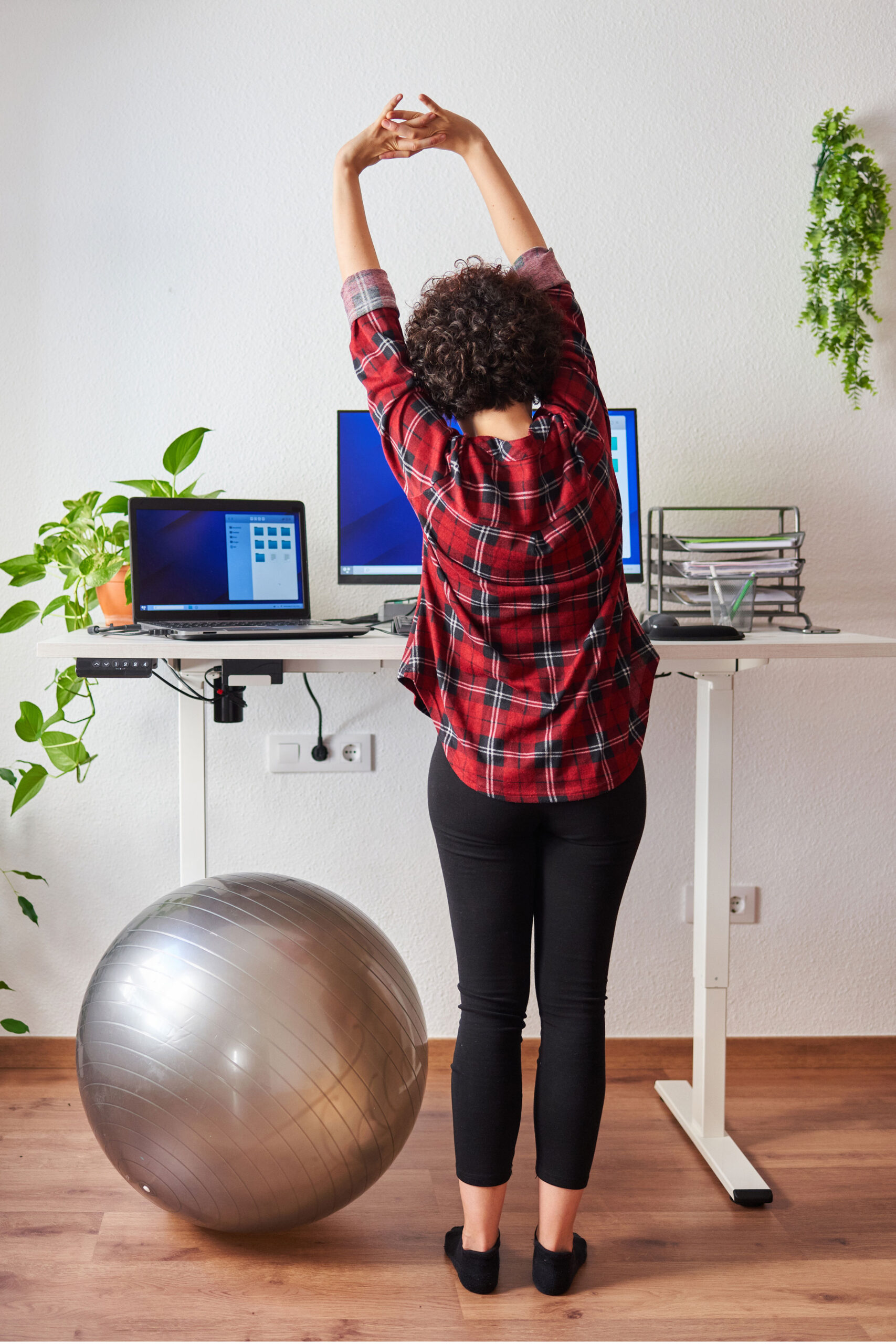How Small Changes in Your Routine Can Improve Physical Health



Finding time for a full workout can seem daunting in our busy lives. However, the path to better physical health doesn’t require drastic changes or hours at the gym. In fact, incorporating small, simple activities into your daily routine can significantly impact your overall well-being. This article explores the importance of regular physical activity and provides easy tips to help you seamlessly integrate more movement into your day.
The Power of Small Changes
People often think improving physical health requires intense exercise regimens or strict diets. While structured workouts and mindful eating are certainly beneficial, even modest increases in physical activity can yield substantial health benefits. Small movements throughout the day can improve cardiovascular health, increase strength and flexibility, and enhance mental well-being.
Here’s how you can make those small changes count:
Tips for Sneaking More Movement into Your Day
1. Take the Stairs: One of the easiest ways to incorporate more physical activity is by taking the stairs instead of the elevator or escalator. Climbing stairs is a great cardiovascular exercise that also tones the muscles in your legs and glutes.
2. Desk Exercises: If you work at a desk, sitting for long periods can lead to stiffness and poor posture. Combat this with simple desk exercises, such as seated leg raises, shoulder shrugs, or desk push-ups. Set a timer to remind yourself to stand up and stretch every hour.
3. Walk and Talk: Make walking a habit during phone calls or meetings. Whether a stroll around your office or a walk in your neighborhood, this is an excellent way to incorporate movement without disrupting your workflow.
4. Park Further Away: Instead of looking for the closest parking spot, park further away from your destination. The extra steps add up throughout the day and can significantly contribute to your daily physical activity.
5. Take Short Exercise Breaks: Use commercial breaks or short breaks at work as opportunities to get moving. Do a quick set of jumping jacks, squats, or push-ups. Even just five minutes of activity can boost your heart rate and energy levels.
6. Incorporate Household Chores: Turn chores into mini-workouts. Vacuuming, gardening, or even cleaning the windows can be excellent ways to stay active. Put on some music and turn your chores into a fun, calorie-burning activity.
7. Stretch Regularly: Incorporate stretches into your routine, especially after sitting for extended periods. Stretching helps improve flexibility, reduce muscle tension, and prevent injury. Simple stretches like touching your toes, doing arm circles, or stretching your neck can make a difference.
8. Use a Stability Ball: Swap your desk chair for a stability ball for a few hours each day. Sitting on a stability ball engages your core muscles, improves posture, and adds a subtle workout to your routine without any extra time commitment.
9. Opt for Active Transportation: Whenever possible, walk or bike instead of driving. This is great for your physical health and reduces your carbon footprint. If you commute, try getting off public transport a stop early to add extra steps to your day.
10. Try a Standing Desk: If possible, invest in a standing desk or a convertible desk setup. Standing while working can reduce the negative effects of prolonged sitting and increase your daily energy expenditure.
The Benefits of Small, Consistent Efforts
Small changes might seem small initially, but these consistent efforts accumulate over time. Here are some benefits of these small, daily movements:
• Improved Cardiovascular Health: Even in small doses, regular movement can improve heart health by lowering blood pressure and cholesterol levels.
• Enhanced Mood and Energy: Physical activity releases endorphins, which are natural mood boosters. Small bursts of movement can increase energy levels and reduce feelings of fatigue.
• Better Flexibility and Balance: Simple movements and stretching improve flexibility, reduce muscle tension, and enhance balance, which is especially important as we age.
• Weight Management: Incorporating more movement into your day can help burn extra calories, which supports weight management and overall health.
• Reduced Stress Levels: Movement, even low-intensity, has been shown to reduce stress and anxiety, leading to better overall mental health.
Improving your physical health doesn’t have to be overwhelming. By making small, manageable changes to your daily routine, you can reap significant benefits without feeling like you’re drastically altering your lifestyle. Remember, every little bit of movement counts. Start by incorporating some of these tips today, and enjoy the journey to a healthier, more active life!
Submitted by Brandy Owens
